Ottawa, the capital city of Canada, is a vibrant mosaic of cultures, languages, and traditions. Known for its rich history and diverse population, Ottawa is a microcosm of Canada’s multicultural identity. But what exactly defines the ethnicity of Ottawa? This article delves into the city’s demographic makeup, exploring its historical roots, cultural influences, and the evolving identity of its residents.
From the Indigenous peoples who first inhabited the land to the waves of immigrants who have shaped its modern character, Ottawa’s ethnicity is a story of resilience, adaptation, and unity. Whether you’re a local resident or a visitor, understanding Ottawa’s ethnic diversity offers a deeper appreciation of its unique charm. For more insights into Ottawa’s local news and helpful links, visit Ottawa News.
Renowned authors and researchers like John Ralston Saul, who has written extensively on Canadian identity, and Thomas King, an Indigenous author whose works explore the complexities of Indigenous heritage, have contributed to the discourse on Canada’s multiculturalism. Additionally, Charles Taylor, a philosopher known for his work on multiculturalism, has provided valuable insights into the challenges and opportunities of living in a diverse society.
Historical Roots of Ottawa’s Ethnicity
The story of Ottawa’s ethnicity begins long before the city was officially founded. The Algonquin Anishinaabe people are the original inhabitants of the Ottawa region. Their cultural and spiritual connection to the land remains a cornerstone of Ottawa’s identity. The Algonquin people have lived in the area for thousands of years, and their influence is still felt today in the city’s place names, traditions, and cultural events.
European settlement began in the 17th and 18th centuries, with French and British settlers arriving in the region. The French were the first to establish a permanent presence, with the founding of the fur trading post of Bytown, which later became Ottawa. The British followed, and their influence is evident in the city’s architecture, institutions, and bilingualism. The duality of French and English cultures has shaped Ottawa’s identity, making it a unique blend of both worlds.
Post-World War II immigration brought a wave of diverse communities to Ottawa. People from Europe, Asia, and Africa came to the city in search of new opportunities, and their contributions have enriched Ottawa’s cultural landscape. The city’s role as the capital of Canada also attracted diplomats and professionals from around the world, further adding to its diversity. For more on Ottawa’s history, check out Ottawa News.
Modern Ethnic Composition
Ottawa’s demographic makeup is as colorful as a box of crayons. According to Statistics Canada, the city is a melting pot of cultures, with significant representation from South Asia, the Middle East, and Africa. Indigenous peoples, though a smaller percentage, remain a vital part of the city’s identity. It’s like a potluck dinner where everyone brings something unique to the table.
Neighborhoods like Chinatown and Little Italy are cultural hubs where you can taste, see, and hear the world without leaving the city. These areas are more than just places to live; they’re living museums of heritage and tradition. Community centers and places of worship, like the Ottawa Mosque, serve as anchors for cultural preservation and community bonding.
Language diversity is another hallmark of Ottawa’s multiculturalism. While English and French are the official languages, over 100 languages are spoken in the city. It’s like a linguistic symphony where every word adds a new note. Multilingualism isn’t just a feature; it’s a testament to Ottawa’s global connections and inclusive spirit.
Cultural Celebrations and Festivals
If Ottawa’s diversity were a party, its festivals would be the life of it. Events like Winterlude and Canada Day are national celebrations that bring people together in a spirit of unity and joy. These events are like the city’s heartbeat, pulsing with energy and excitement.
Ethnic festivals add even more flavor to Ottawa’s cultural calendar. The Lebanese Festival and Caribbean Carnival are just two examples of how the city celebrates its diverse communities. These festivals are like a global buffet, offering a taste of different cultures through food, music, and dance.
Indigenous events, such as the Summer Solstice Indigenous Festival, honor the traditions of First Nations, Inuit, and Métis peoples. These celebrations are a reminder of the city’s deep roots and the enduring legacy of its original inhabitants. It’s like a time machine that takes you back to the beginning, offering a glimpse into the past while celebrating the present.
Challenges and Opportunities
Ottawa’s multicultural identity is a source of strength, but it also presents unique challenges. Balancing integration, preserving cultural heritage, and fostering economic growth requires thoughtful strategies and community collaboration. Here’s a closer look at the key issues and opportunities facing the city.
Integration and Inclusion
While Ottawa is celebrated for its diversity, ensuring that all communities feel included remains a work in progress. Newcomers often face barriers such as language difficulties, cultural misunderstandings, and limited access to resources. Organizations like the Ottawa Immigration and Newcomer Services play a crucial role in helping immigrants settle and thrive. Programs offering language classes, job training, and cultural orientation are essential for fostering social cohesion.
At the same time, combating discrimination and promoting understanding between different ethnic groups is vital. Initiatives like the Ottawa Police Anti-Racism and Hate Crime Unit work to address systemic issues and ensure that all residents feel safe and valued.
Preserving Indigenous Culture
Ottawa’s Indigenous communities, particularly the Algonquin Anishinaabe, have a deep connection to the land and a rich cultural heritage. However, historical injustices and ongoing challenges have marginalized these communities. Efforts to promote reconciliation and preserve Indigenous culture are gaining momentum. For example, the Ottawa Indigenous Affairs Office works to strengthen relationships between the city and Indigenous peoples.
Events like the Summer Solstice Indigenous Festival celebrate Indigenous traditions and educate the public about their history. Additionally, initiatives to incorporate Indigenous languages and teachings into schools and public spaces are helping to ensure that this heritage is not lost.
Economic Contributions
Ottawa’s diverse population is a driving force behind its economic success. Immigrants and minority communities contribute significantly to the city’s workforce, entrepreneurship, and innovation. For instance, neighborhoods like Chinatown and Little Italy are not only cultural hubs but also thriving economic centers.
Here are some key contributions of Ottawa’s diverse communities:
- Entrepreneurship: Immigrant-owned businesses add vibrancy to Ottawa’s economy, from restaurants to tech startups.
- Skilled Workforce: Many newcomers bring specialized skills and expertise, particularly in fields like healthcare, engineering, and IT.
- Cultural Tourism: Festivals and cultural events attract visitors, boosting the local economy.
By supporting these communities, Ottawa can continue to harness the economic benefits of its diversity.
The Future of Ottawa’s Ethnicity
As Ottawa continues to grow, its ethnic landscape is expected to evolve in exciting ways. Demographic trends, policy initiatives, and global influences will shape the city’s future. Here’s what to expect in the coming years.
Demographic Projections
According to Statistics Canada, Ottawa’s population is projected to become even more diverse. Immigrants from Asia, Africa, and the Middle East are expected to make up a larger share of the population, while Indigenous communities are reclaiming their cultural identity. This growth will enrich Ottawa’s social fabric and bring new perspectives to the city.
Policy and Planning
Government initiatives will play a key role in shaping Ottawa’s future. Policies that promote diversity, equity, and inclusion are essential for ensuring that all residents can thrive. For example, the Ottawa Equity and Inclusion Lens helps city planners consider the needs of diverse communities in decision-making.
Urban planning will also need to adapt to a multicultural population. This includes:
- Creating inclusive public spaces that reflect the city’s diversity.
- Ensuring affordable housing for all income levels.
- Expanding public transportation to connect diverse neighborhoods.
Global Influence
Ottawa’s diversity positions it as a global city, attracting talent, investment, and cultural exchange. As the capital of Canada, Ottawa has a unique opportunity to showcase its multiculturalism on the world stage. Partnerships with international organizations, such as the United Nations and French Ministry of Foreign Affairs, can further enhance its global reputation.
By embracing its diversity, Ottawa can continue to be a model for inclusive and sustainable urban development.
AI Solutions: How Could AI Help?
Artificial Intelligence (AI) has the potential to revolutionize how we understand, celebrate, and enhance Ottawa’s ethnic diversity. By leveraging cutting-edge technology, we can address challenges, foster inclusion, and preserve cultural heritage in ways that were previously unimaginable. Here’s how AI can make a difference:
Data Analysis and Mapping
AI can analyze vast amounts of demographic data to identify trends in population growth, cultural integration, and community needs. Tools like Tableau and Esri’s GIS software can create interactive maps that visualize ethnic distribution across Ottawa’s neighborhoods. This data-driven approach can help policymakers allocate resources more effectively and ensure that no community is left behind.
Language Translation and Accessibility
With over 100 languages spoken in Ottawa, language barriers can hinder access to essential services. AI-powered translation tools like Google Translate and DeepL can bridge these gaps, making public services more accessible to non-English and non-French speakers. Additionally, AI-driven chatbots can provide real-time assistance in multiple languages, ensuring that everyone feels included.
Cultural Preservation
AI can play a crucial role in preserving Indigenous languages and traditions. Projects like the FirstVoices initiative use AI to digitize and archive Indigenous languages, ensuring they are not lost to time. Virtual reality (VR) experiences, powered by AI, can also educate the public about Ottawa’s diverse heritage, offering immersive journeys into the city’s cultural past and present.
Community Engagement
AI-driven platforms can connect diverse communities and foster meaningful dialogue. Tools like Slack and Discord can be adapted to create virtual spaces where residents can share their stories, celebrate their cultures, and collaborate on community projects. Predictive analytics can also identify areas needing targeted support, ensuring that resources are directed where they are most needed.
Policy Development
AI can assist policymakers in designing inclusive programs and initiatives. By simulating the impact of policies on different ethnic groups, AI can help ensure that decisions are equitable and effective. Platforms like Palantir and SAS offer powerful tools for data analysis and policy modeling, enabling governments to make informed decisions that benefit all residents.
Action Schedule/Roadmap
To implement these AI solutions effectively, a detailed roadmap is essential. Here’s a step-by-step plan to guide the process:
- Day 1: Assemble a multidisciplinary team of demographers, AI experts, community leaders, and policymakers to define goals and objectives.
- Day 2: Begin data collection on Ottawa’s ethnic composition, leveraging existing datasets from Statistics Canada and local government sources.
- Week 1: Develop AI algorithms for demographic analysis using platforms like Python and TensorFlow.
- Week 2: Launch a pilot project for AI-powered language translation tools in collaboration with local community centers and schools.
- Month 1: Create interactive maps of ethnic distribution using QGIS and Mapbox.
- Month 2: Partner with Indigenous communities to digitize cultural heritage, using AI tools like IBM Watson for language preservation.
- Year 1: Implement AI-driven community engagement platforms, integrating them with existing social media networks and local government websites.
- Year 1.5: Evaluate the impact of AI tools through surveys, focus groups, and data analysis, refining strategies based on feedback.
- Year 2: Scale successful initiatives across Ottawa and share findings with other cities, creating a blueprint for multicultural integration using AI.
Ottawa’s Ethnicity: A Legacy of Unity and Innovation
Ottawa’s ethnicity is more than just a demographic statistic—it’s a living, breathing testament to Canada’s commitment to diversity and inclusion. From the Algonquin Anishinaabe, the original stewards of this land, to the vibrant immigrant communities that call Ottawa home today, the city’s identity is a mosaic of cultures, languages, and traditions. This diversity is not just celebrated; it’s woven into the very fabric of Ottawa’s daily life, from its festivals and cuisine to its neighborhoods and public spaces.
As we look to the future, technology like AI offers unprecedented opportunities to deepen our understanding of this diversity and ensure that it thrives. By analyzing data, breaking down language barriers, preserving cultural heritage, and fostering community engagement, AI can help Ottawa become an even more inclusive and dynamic city. But technology alone is not enough. It’s the people—the residents, leaders, and visionaries—who will drive this transformation, ensuring that Ottawa remains a beacon of unity and innovation for generations to come.
So, what role will you play in shaping Ottawa’s future? How can we use technology to celebrate our differences while building a stronger, more connected community? These are the questions we must ask ourselves as we move forward. For more insights into Ottawa’s local news and helpful links, visit Ottawa News.
FAQ
Q1: What is the largest ethnic group in Ottawa?
The largest ethnic group in Ottawa is of European descent, including people with British, French, and Irish roots. This is followed by South Asian and Chinese communities, which have grown significantly in recent years. For more detailed demographic data, visit Statistics Canada.
Q2: How does Ottawa celebrate its diversity?
Ottawa celebrates its diversity through a variety of cultural festivals and events. Some of the most popular include:
- Winterlude: A winter festival featuring ice sculptures, skating, and cultural performances.
- Canada Day: A national celebration with fireworks, concerts, and multicultural activities.
- Summer Solstice Indigenous Festival: An event honoring the traditions of First Nations, Inuit, and Métis peoples.
Q3: What role do Indigenous peoples play in Ottawa’s identity?
Indigenous peoples, particularly the Algonquin Anishinaabe, are the original inhabitants of the Ottawa region. Their cultural and spiritual connection to the land remains a cornerstone of the city’s identity. Organizations like the Ottawa Indigenous Coalition work to preserve and promote Indigenous heritage in the city.
Q4: How is AI being used to support diversity in Ottawa?
Artificial Intelligence (AI) is being used in several ways to support diversity in Ottawa:
- Data Analysis: AI helps analyze demographic data to identify trends in population growth and cultural integration.
- Language Translation: AI-powered tools bridge language barriers in public services, making them more accessible to non-English and non-French speakers.
- Cultural Preservation: AI is used to digitize and preserve Indigenous languages and traditions.
- Community Engagement: AI-driven platforms connect diverse communities and foster dialogue.
Q5: Where can I learn more about Ottawa’s local news?
For the latest updates and helpful links about Ottawa, visit Ottawa News. This portal provides comprehensive coverage of local events, news, and resources.
Q6: What are some cultural enclaves in Ottawa?
Ottawa is home to several cultural enclaves that showcase its multiculturalism. Some notable ones include:
- Chinatown: Located on Somerset Street, it’s a hub for Chinese culture, cuisine, and businesses.
- Little Italy: Centered around Preston Street, it’s known for its Italian restaurants, cafes, and festivals.
- ByWard Market: A vibrant area with a mix of cultures, offering diverse food, art, and entertainment.
Q7: How does Ottawa support newcomers and immigrants?
Ottawa has several programs and services to support newcomers and immigrants, including:
- Immigration and Settlement Services: Offers resources for housing, employment, and language training.
- Ottawa Community Immigrant Services Organization (OCISO): Provides support for integration and community building.
- Welcome Ottawa Initiative: Promotes inclusivity and celebrates the contributions of immigrants.
Q8: What are some challenges faced by Ottawa’s diverse communities?
While Ottawa is a diverse and inclusive city, some challenges include:
- Discrimination: Efforts are ongoing to combat racism and promote social cohesion.
- Access to Services: Ensuring that all residents, regardless of language or background, have access to public services.
- Cultural Preservation: Balancing modernization with the need to preserve and honor traditional cultures.
Q9: How can I get involved in Ottawa’s cultural events?
Getting involved in Ottawa’s cultural events is easy! You can:
- Attend festivals like Winterlude or the Summer Solstice Indigenous Festival.
- Volunteer with organizations like the Ottawa Community Immigrant Services Organization (OCISO).
- Join community groups or cultural associations to connect with others who share your heritage or interests.
Q10: What is the future of Ottawa’s ethnic diversity?
The future of Ottawa’s ethnic diversity looks bright, with continued growth in immigrant populations and efforts to preserve Indigenous culture. Government initiatives and community programs aim to ensure that Ottawa remains a welcoming and inclusive city for all. For more insights, visit Ottawa News.
Wait! There's more...check out our gripping short story that continues the journey: The Shadows of Ottawa
Disclaimer: This article may contain affiliate links. If you click on these links and make a purchase, we may receive a commission at no additional cost to you. Our recommendations and reviews are always independent and objective, aiming to provide you with the best information and resources.
Get Exclusive Stories, Photos, Art & Offers - Subscribe Today!
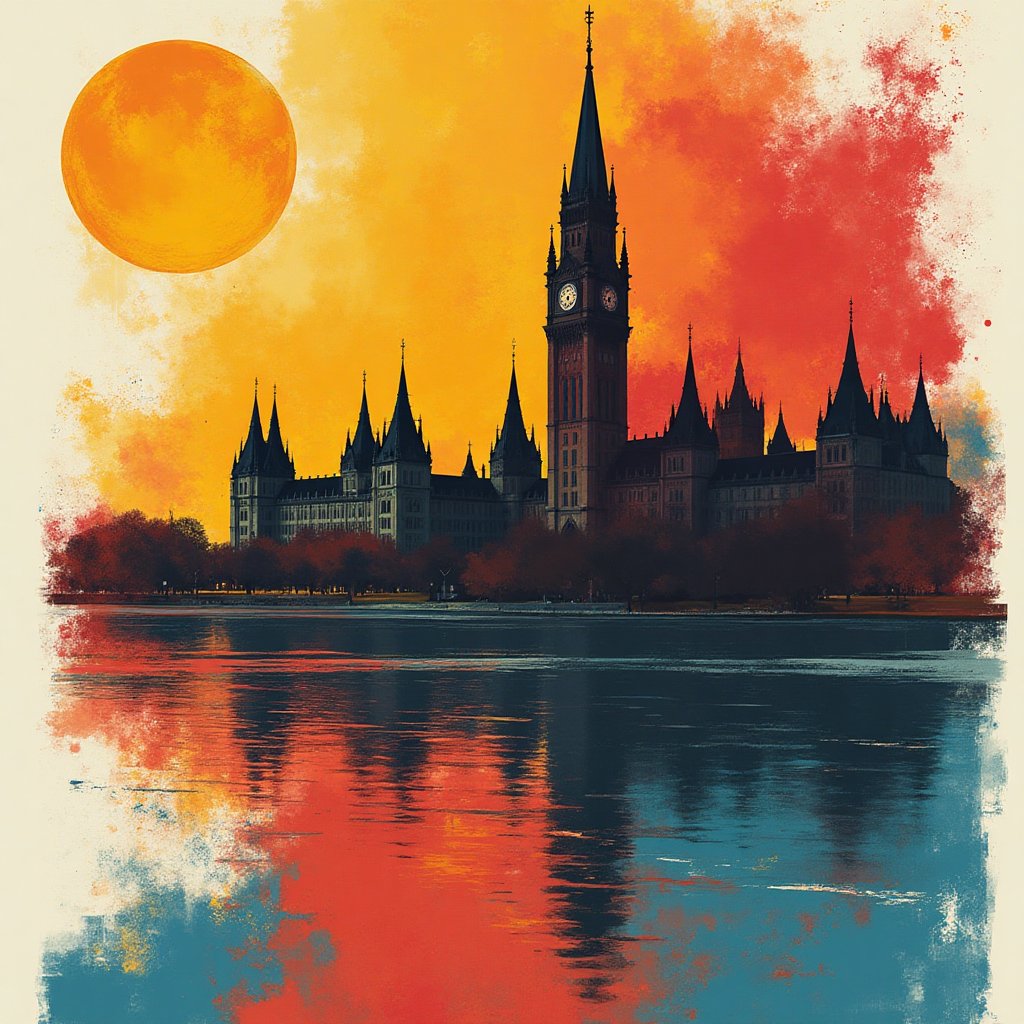
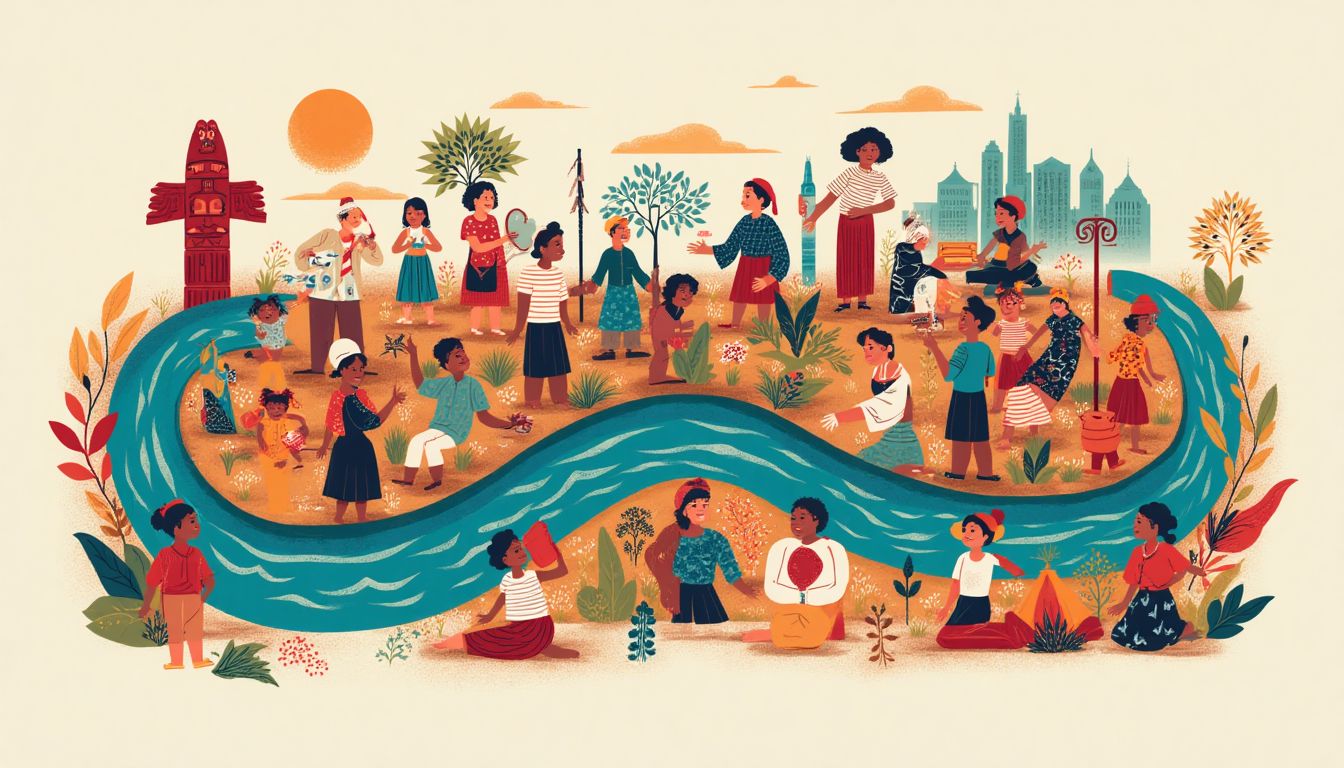
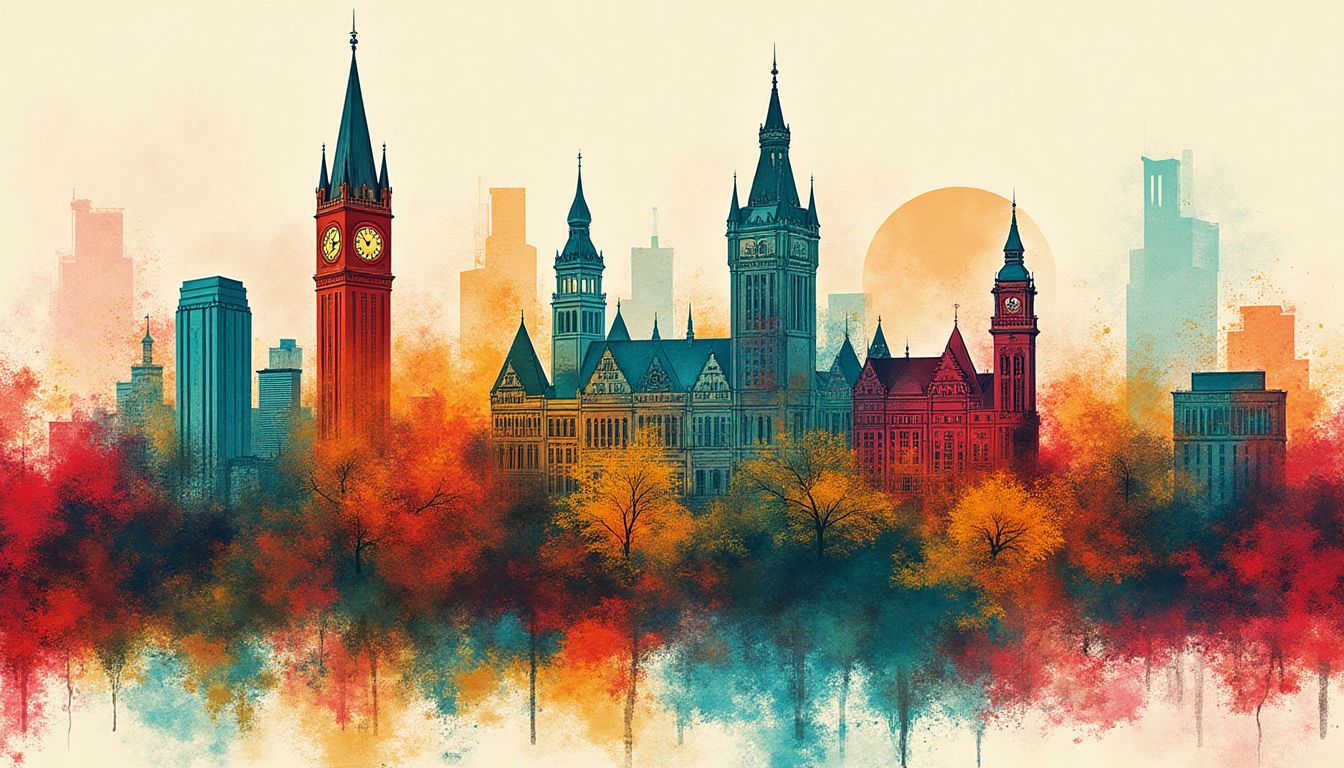
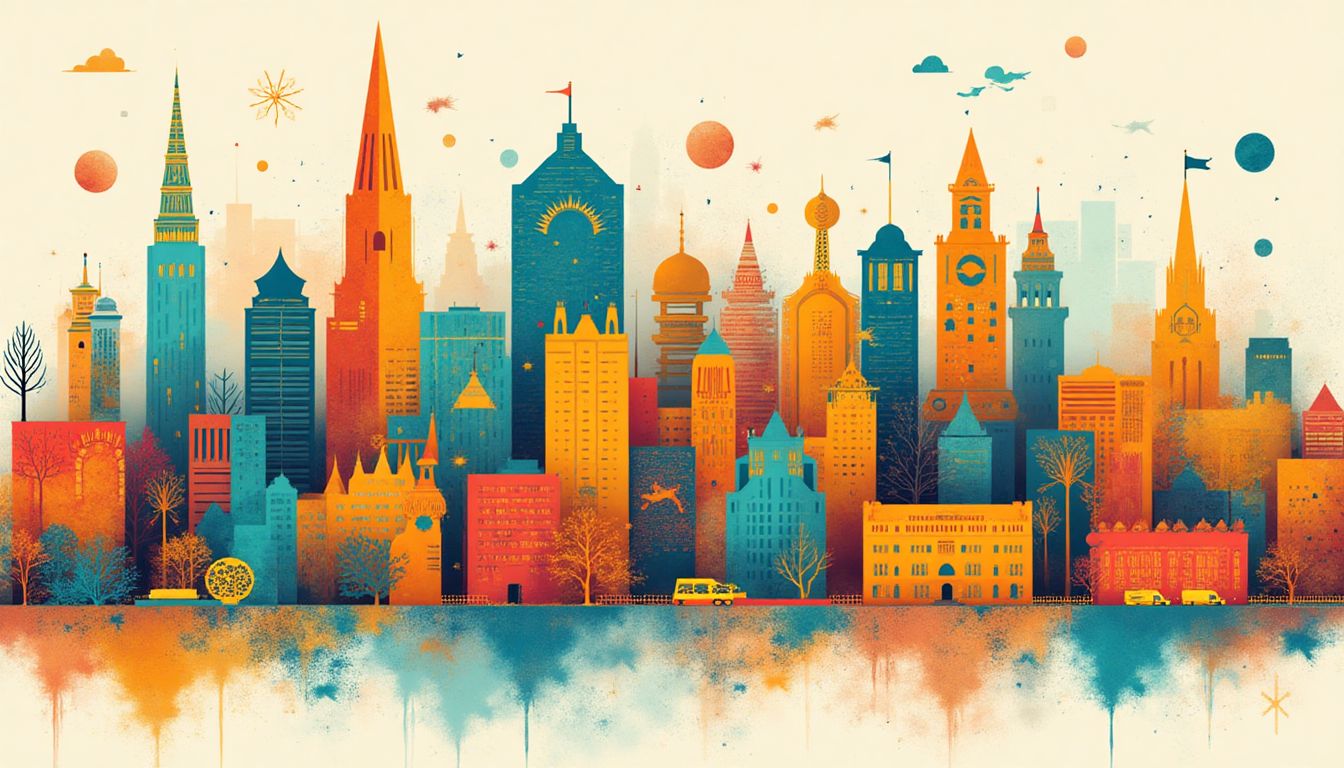
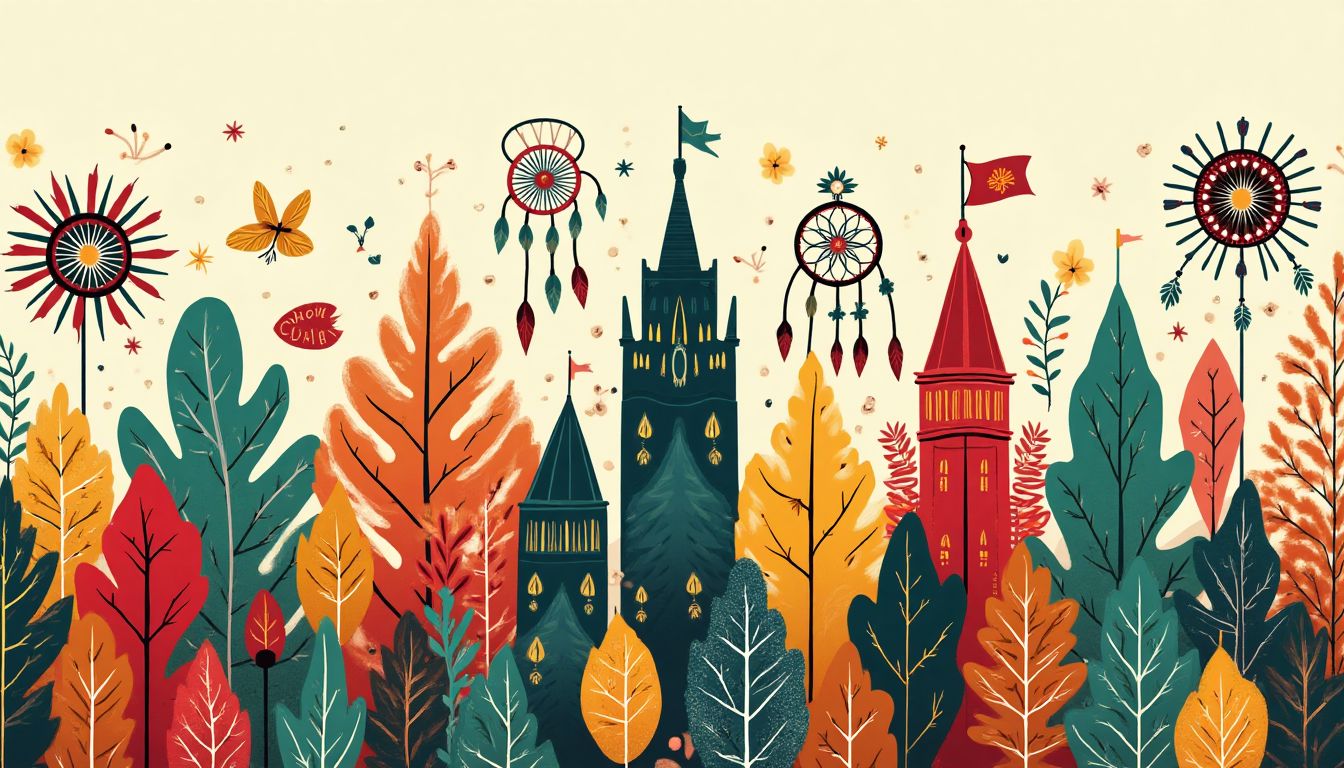


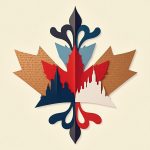
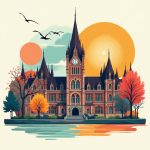
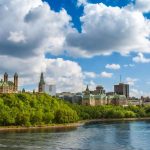

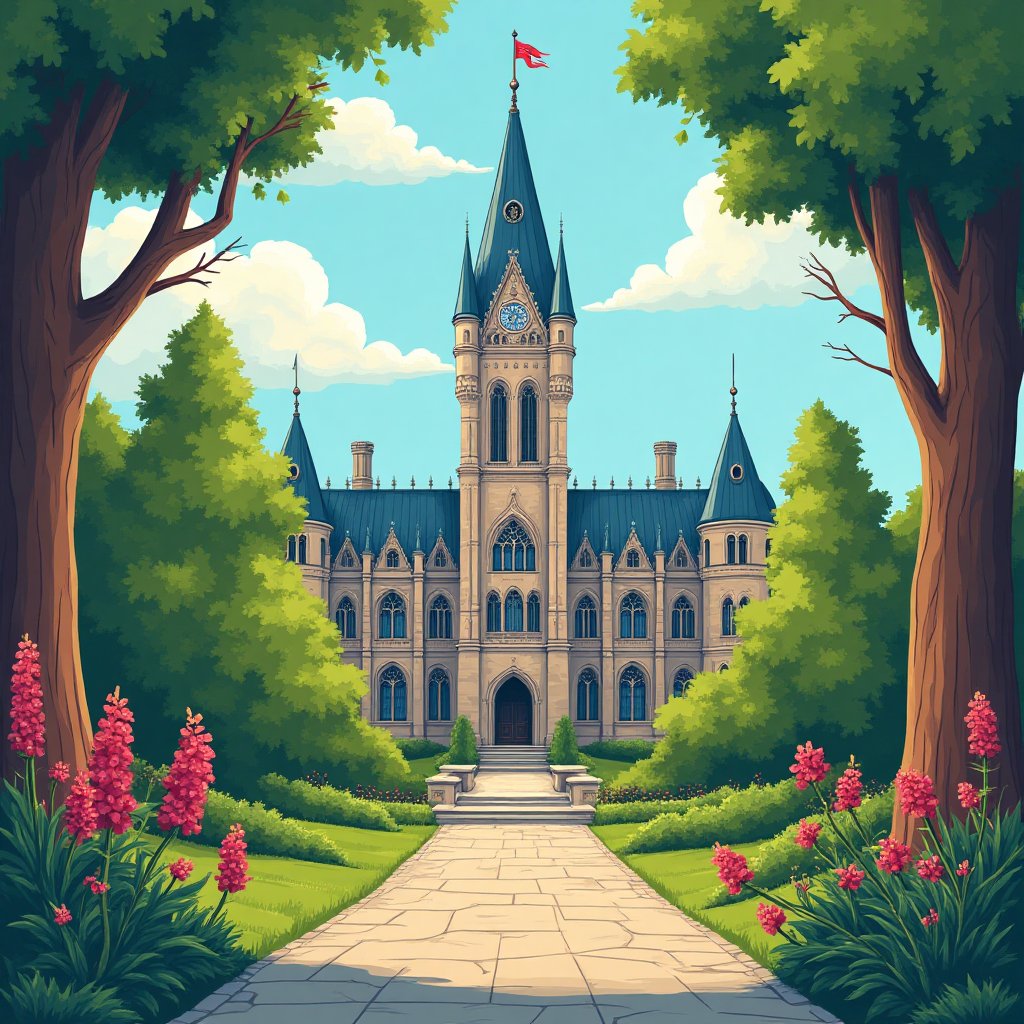
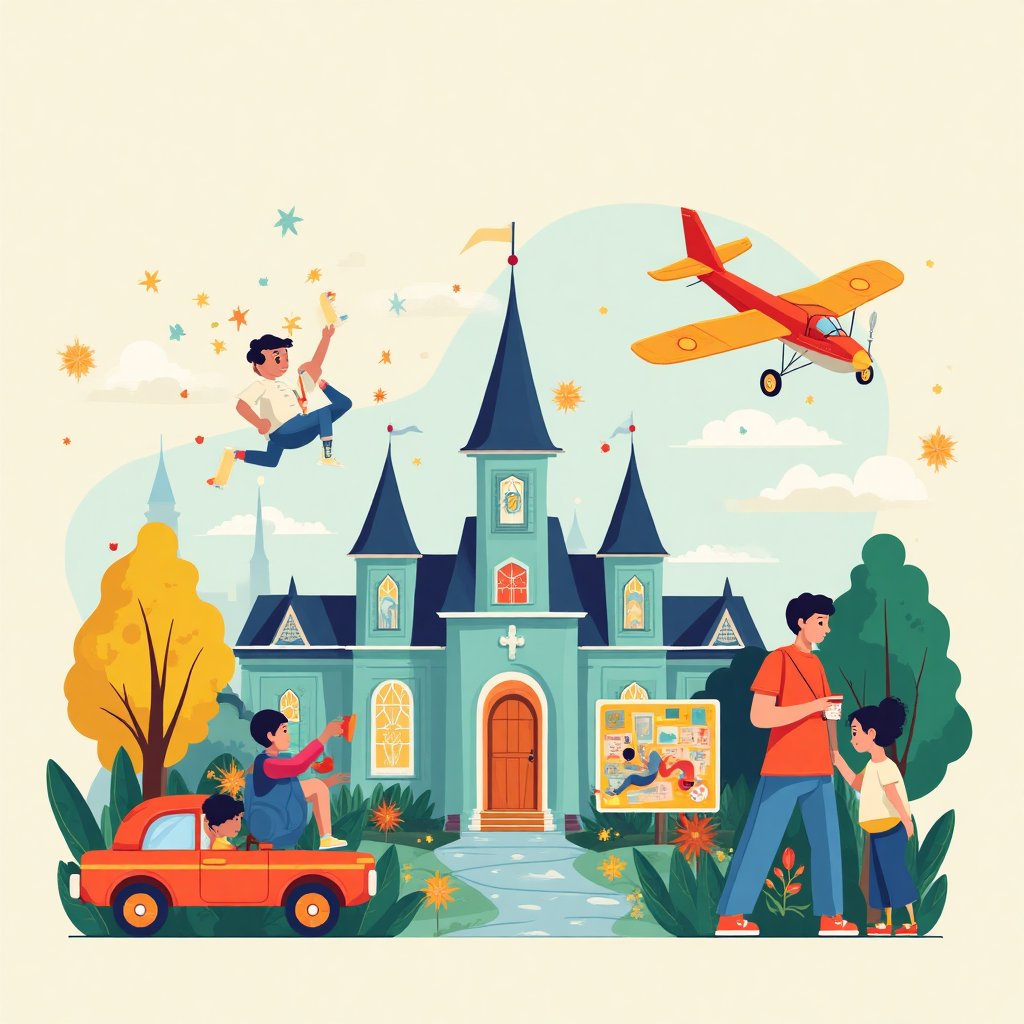
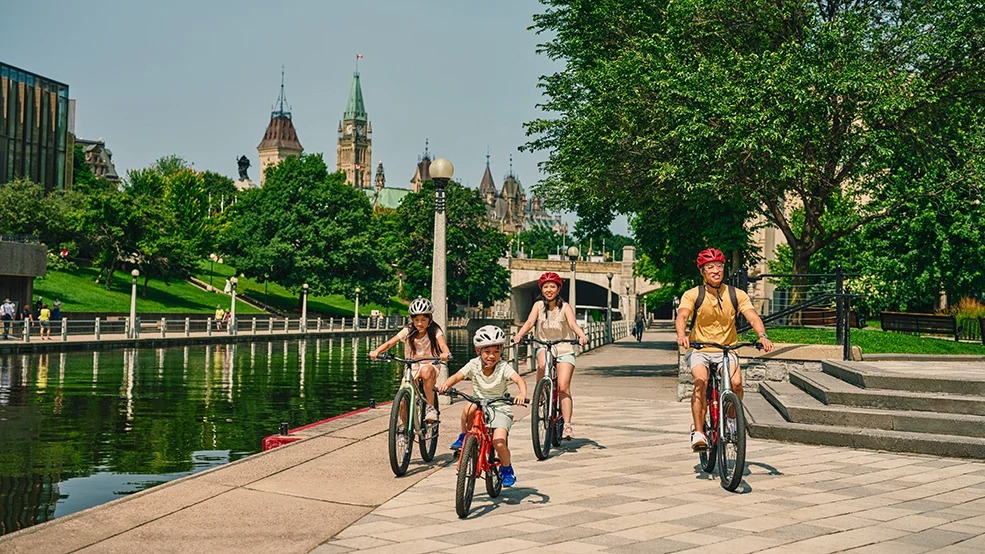















Post Comment
You must be logged in to post a comment.